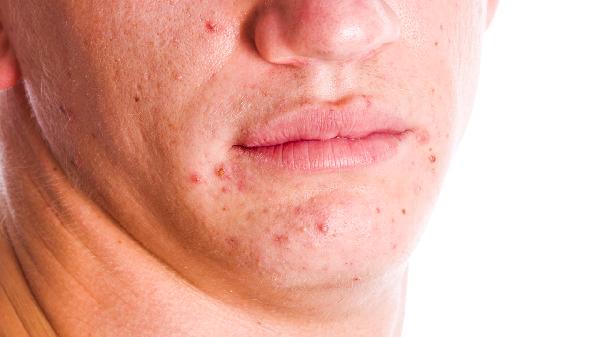Have you ever wondered why some babies are born with a particular sensitivity to certain foods or environments, while others show no reaction at all? In fact, there may be some genetic secrets hidden behind this. Today, we will uncover the veil of these genetic factors and see how they influence infant allergies.

1. Family Allergy History
If one or both parents have a history of allergies, the risk of allergies in the baby increases significantly. Studies show that babies with both parents having a history of allergies have an allergy risk as high as 70%. This is because allergic tendencies are often genetically passed down to the next generation.
2. Specific Gene Mutations
Certain gene mutations are closely related to allergic reactions. For example, mutations in the gene encoding immunoglobulin E (IgE) can lead to the production of excessive IgE antibodies in the baby, thereby triggering allergic reactions. These gene mutations may come from parents or occur spontaneously during embryonic development.
3. HLA Genes
HLA (Human Leukocyte Antigen) genes play an important role in the immune system. Certain HLA genotypes are associated with specific types of allergic reactions. For example, HLA-DR and HLA-DQ genotypes are significantly linked to food allergies and respiratory allergies. The presence of these genotypes may make babies more likely to react to certain allergens.
4. Skin Barrier Genes
The skin is the largest organ of the human body and the first line of defense against external allergens. Certain gene mutations can affect the function of the skin barrier, making it easier for allergens to penetrate. For instance, mutations in the gene encoding filaggrin can weaken the skin barrier function, increasing the risk of eczema and food allergies in babies.
5. Immune Regulation Genes
The balance of the immune system is crucial for preventing allergies. Certain gene mutations can affect immune regulation mechanisms, causing the immune system to overreact to harmless substances. For example, mutations in genes encoding the interleukin (IL) family may make babies more prone to allergic rhinitis and asthma.
6. Interaction Between Environment and Genes
Although genetic factors play an important role in infant allergies, environmental factors should not be overlooked. For example, early exposure to certain allergens (such as dust mites, pet dander) may trigger allergic reactions in genetically predisposed babies. Therefore, understanding family allergy history and taking appropriate preventive measures are crucial for reducing the risk of infant allergies.
7. Epigenetics
Epigenetics studies changes in gene expression that do not involve changes in the DNA sequence but can affect gene function. For example, a mother's diet, stress, and environmental exposure during pregnancy may influence the baby's allergy risk through epigenetic mechanisms. This means that even if a baby does not directly inherit allergy genes, the allergy risk may still be increased through epigenetic pathways.
8. Polygenic Inheritance
Infant allergies are usually not determined by a single gene but by the combined effect of multiple genes. These genes may involve the immune system, skin barrier, inflammatory response, and other aspects. Therefore, even if parents do not have a noticeable history of allergies, babies may still develop allergy symptoms due to polygenic inheritance.
9. Gender Differences
Studies show that gender may also influence the risk of infant allergies. For example, boys are more likely to develop food allergies and asthma, while girls are more prone to allergic rhinitis. This gender difference may be related to the interaction between sex hormones and the immune system.
10. Genetic Counseling
For couples with a family history of allergies, genetic counseling can be a useful tool. Through genetic counseling, couples can understand the risk of allergies in their baby and take corresponding preventive measures. For example, adjusting the diet during pregnancy and avoiding known allergens.
In conclusion, infant allergies are a complex multifactorial issue, with genetic factors playing a significant role. Understanding these genetic factors not only helps us better understand the causes of allergies but also provides new ideas for prevention and treatment. We hope this article brings you some inspiration and makes you more adept at caring for your baby.
























